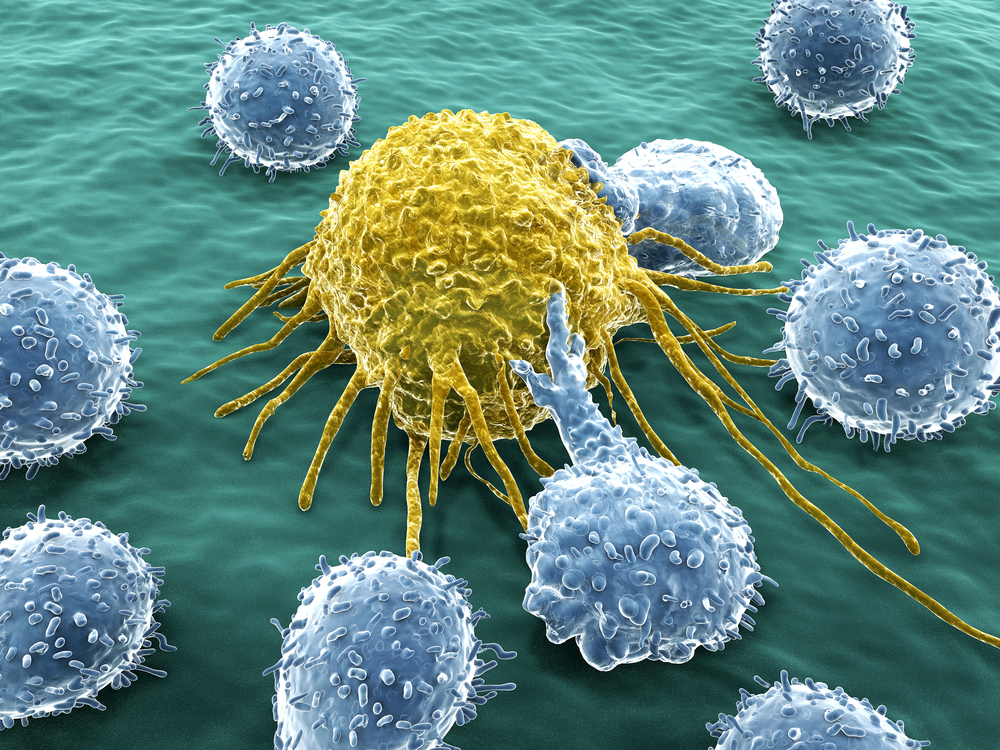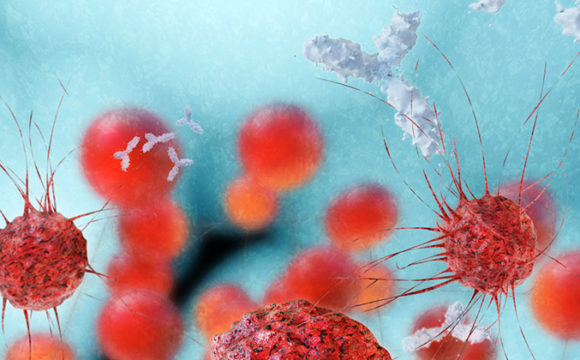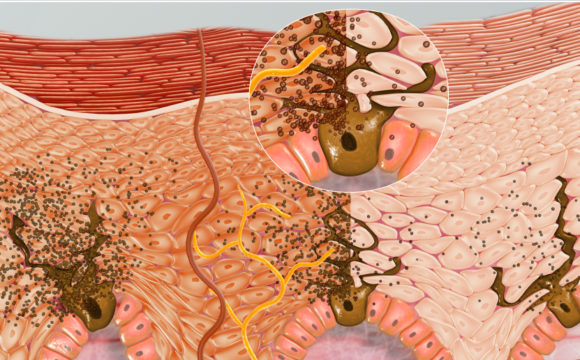Chromosomes are bundles of tightly packed and coiled DNA. They contain most of the genetic information and are found in every cell nuclei. Humans have precisely 23 pairs in each cell. When cell division occurs chromosomes also divide into the daughter and parent cells. When this division goes aberrant, a single cell may have too many or too few chromosomes. These cells are referred to as aneuploid cells. For example in Down syndrome there is a third copy of chromosome 21. It is characterized by atypical facial features and reduced intellectual abilities. Turner syndrome, on the other hand, is a condition in which a female is partly or completely missing a Sex chromosome (‘X’ in this case). This is characterized by short stature, heart defects and failure to reproduce amongst others.
(Source: cdn.arstechnica.net)
While these are the innate disorder, aberrant chromosome segregation can also lead to aneuploidy i.e. presence of an abnormal number of chromosomes in a cell. Studies over the years have however revealed that not every time when chromosome segregation is compromised there is an aneuploid cell. This suggests that there is probably some natural mechanism by which the body eliminates the possibility of the cell having a divergent number of chromosome. One theory is that the immune system is likely to recruit the natural killer (NK) cells which are lymphocyte and a component of body’s innate immune system for clearing up these abnormal cells. A team of biologists at MIT’s Koch Institute for Integrative Cancer Research have recently found some further evidence that supports this theory.
It was found that Cells with unusual karyotype express higher levels of multiple NKG2D and DNAM1 ligands like MICA/B, ULBPs and CD112 and CD155 respectively. All of these cell-surface molecules trigger the activation of NK cells in vitro. The gene expression analysis also revealed SASP-like gene expression in the aneuploid cells, these genes have been previously shown to prompt NK cell recognition.
What is interesting is that this information suggests that cancer cells, since they also have complex aberrant karyotype, must be recognized by the innate immune system. However, it is likely that at some point during disease evolution, aneuploid cancer cells are able to escape immune detection and thereby become immune evasive.
(Source: cancercompassalternateroute.com)
The next big task for cancer researchers is now to understand when, how and by which mechanisms during tumorigenesis (the production or formation of a tumor or tumors) an immunogenic trait transforms itself into an immune evasive. This perhaps might eventually bring us to a point when we can exploit the potential of our own bodies to fight cancer rather than developing synthetic approaches.
Reference:
Stefano Santaguida, Amelia Richardson, Divya Ramalingam Iyer, Ons M’Saad, Lauren Zasadil, Kristin A. Knouse, Yao Liang Wong, Nicholas Rhind, Arshad Desai and Angelika Amon Chromosome Mis-segregation Generates Cell-Cycle-Arrested Cells with Complex Karyotypes that Are Eliminated by the Immune System Developmental Cell 19 June 2017










